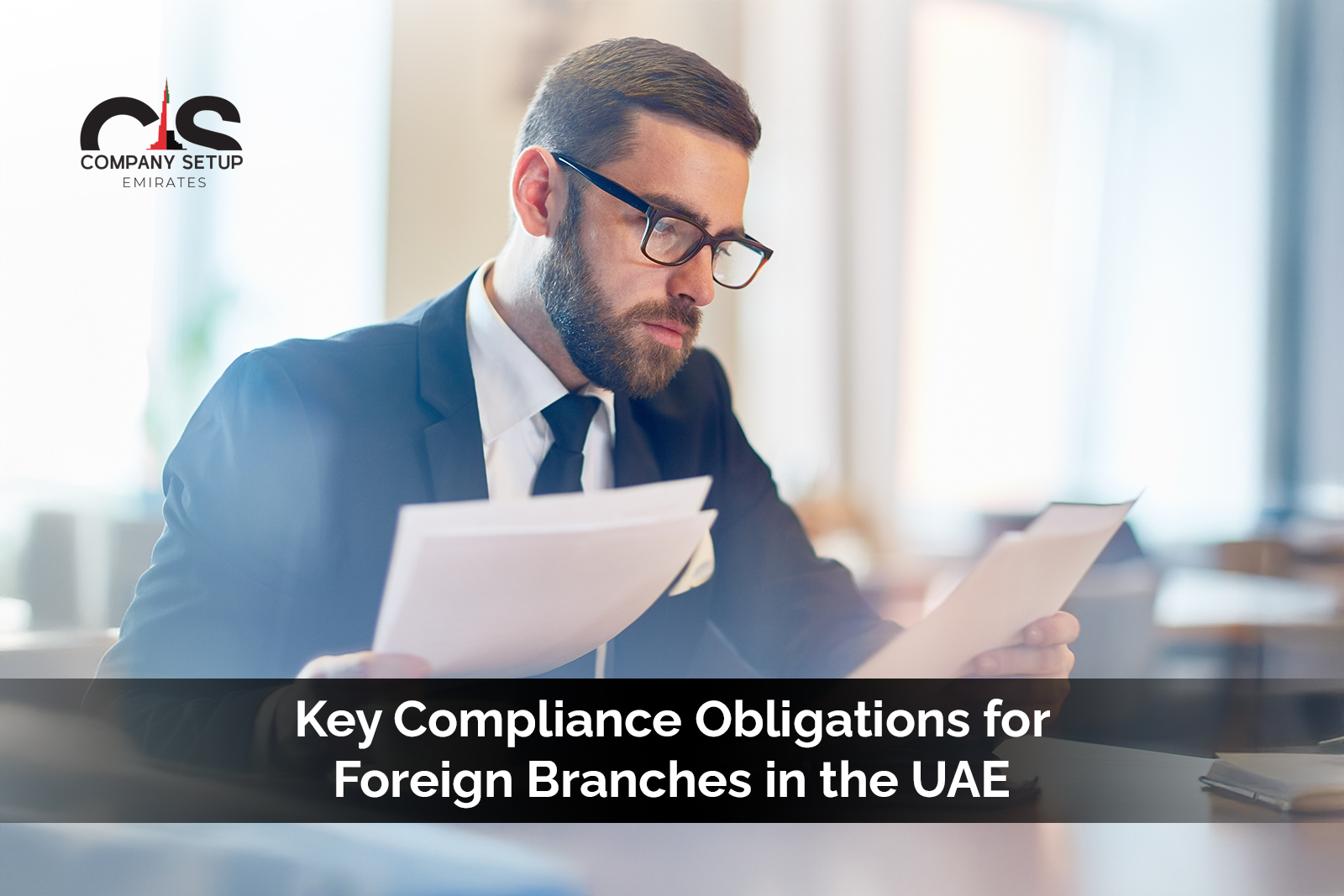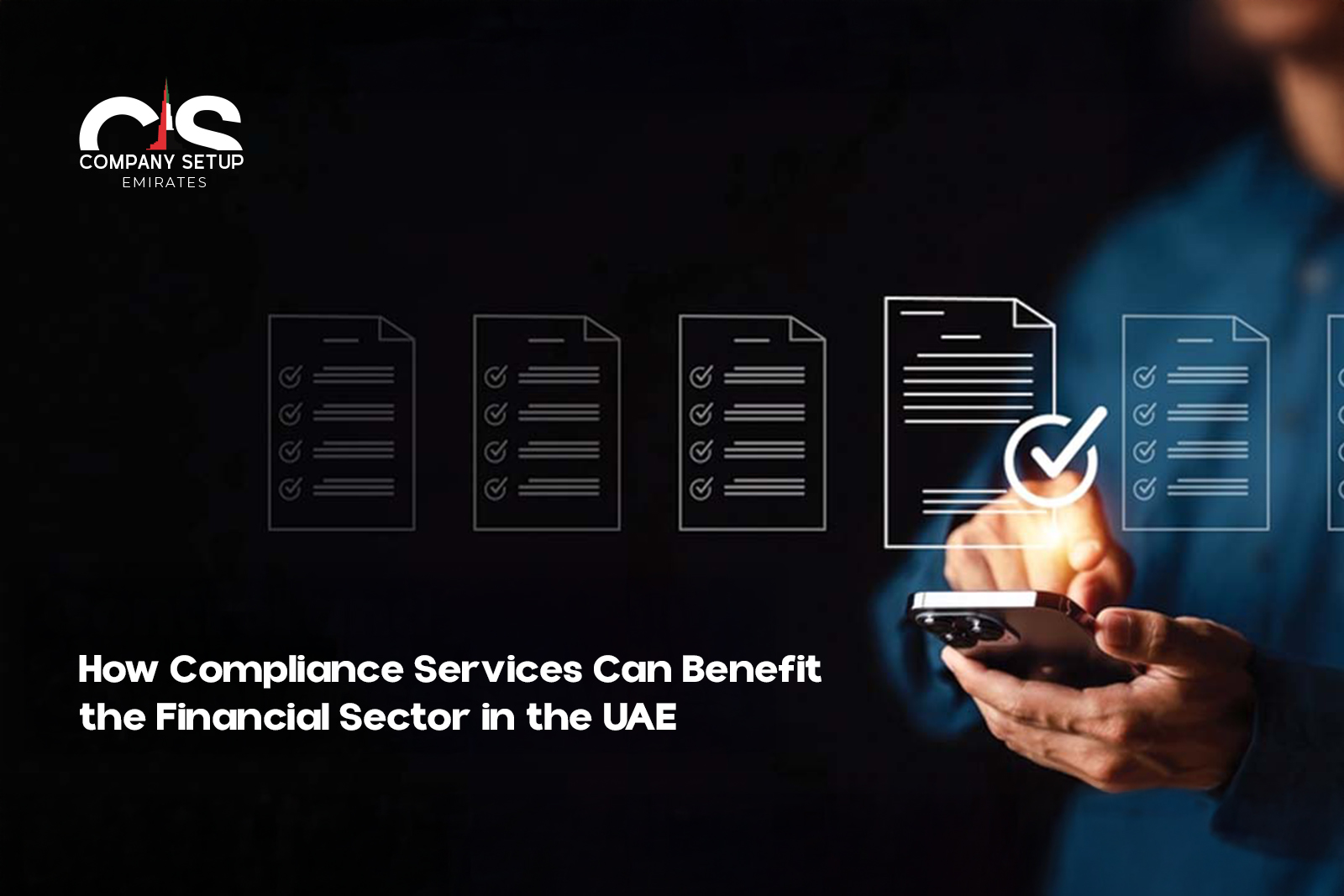Setting up a business in Dubai offers attractive benefits, especially for entrepreneurs looking to expand globally. Among the various business structures available, Dubai offshore company setup is a popular choice for many international investors. The UAE’s favourable tax policies, zero import and export duties, and high economic stability make it a profitable destination for offshore companies. However, understanding the legal requirements is essential to ensure that your company operates smoothly and in compliance with local laws.

Legal Requirements for Dubai Offshore Company Setup
- 1. Choosing the Right Offshore region
The first step in setting up an offshore company in Dubai is to choose an appropriate offshore region. Dubai offers various offshore region such as:
- Jebel Ali Free Zone (JAFZA)
- Ras Al Khaimah International Corporate Centre (RAKICC)
- Dubai International Financial Centre (DIFC)
Each of these region offers unique advantages depending on the business type. JAFZA, for example, is great for businesses focused on international trade, while RAKICC is known for its cost-effectiveness.
- 2. Selecting a Business Activity
Offshore companies in Dubai are allowed to engage in specific business activities such as consultancy, trading, and holding assets. However, they cannot operate in the UAE market or provide services directly to UAE residents. The chosen business activity must align with the offshore regulations of the chosen region. Ensure your business activity is aligned with the offshore zone regulations, as conducting unauthorized activities can lead to penalties.
- 3. Minimum Share Capital Requirement
For UAE offshore company setup, there is no specific minimum capital requirement for most offshore region. However, you must have at least one shareholder and one director. While there are no strict financial thresholds, it is important to maintain sufficient capital for your business’s operations.
- 4. Company Structure and Ownership
Offshore companies in Dubai can be 100% foreign-owned, which is one of the primary advantages of the setup. The company must have at least one shareholder, who can be an individual or a corporate entity. Shareholders can also be foreign nationals, and there are no restrictions on nationality.
- 5. Registered Office Address
To establish a UAE offshore company setup, you are required to have a registered office address in the offshore region. This office will be the official point of contact for communication from the government and other legal entities. Most offshore region in Dubai provide office address services through authorized agents or registered agents, who manage this aspect for you.
- 6. Required Documents for Company Formation
The following documents are generally required for UAE offshore company setup:
- Passport copies of shareholders and directors.
- Proof of address for the shareholders and directors (such as utility bills or bank statements).
- A business plan outlining the activities of the company.
- Application forms provided by the offshore region.
- Additional documents depending on the region and the type of business activity.
- 7. No Physical Presence in Dubai
One of the key benefits of a UAE offshore company setup is that the company does not need a physical presence within the UAE. This means there are no requirements for office space or employees in the UAE, making it easier to operate remotely. However, companies are required to appoint a registered agent within the offshore region who will handle administrative tasks and maintain communication with the authorities.
Pro Tips
- Consult with Experts: It’s crucial to work with a professional company formation consultant or legal advisor who understands the local regulations and can guide you through the setup process. They can help avoid any legal pitfalls and ensure compliance.
- Understand Business Activities: Ensure your business activities align with the offshore regulations. While offshore companies can operate internationally, they cannot do business within the UAE. Any attempt to do so may lead to the suspension of your offshore status.
- Choose the Right Region: Take time to choose the right offshore region that suits your business type. Some region are better suited for specific industries or offer more attractive tax incentives, so understanding your needs will help you make an informed decision.
FAQs
What are the legal requirements for Dubai offshore company setup?
To set up an offshore company in Dubai, you must choose a region, select a business activity, appoint at least one shareholder and one director, and ensure you have a registered office address. Additionally, you’ll need to provide relevant documentation, such as passport copies and proof of address.
How long does it take to set up an offshore company in Dubai?
Setting up an offshore company in Dubai typically takes between 2-4 weeks, depending on the region and the complexity of your business activities. The process includes document verification, registration, and obtaining the necessary licenses.
Can a foreigner fully own a Dubai offshore company?
Yes, foreign nationals can fully own a Dubai offshore company setup. There are no restrictions on foreign ownership in Dubai’s offshore zones, which makes it an attractive option for international investors.
What are the costs associated with setting up an offshore company in Dubai?
The costs of setting up an offshore company in Dubai vary based on the region and services required. Expect to pay registration fees, legal fees, and charges for the registered office and agent services. Costs can range from $1,500 to $5,000 annually.
Can an offshore company in Dubai open a bank account?
Yes, offshore companies in Dubai can open bank accounts in the UAE. However, the bank will require thorough documentation, including the company’s incorporation papers, proof of business activities, and details of shareholders and directors.
Conclusion
Setting up a Dubai offshore company setup provides numerous benefits for international investors, including full foreign ownership, tax exemptions, and the ability to operate globally without a physical presence in the UAE. By understanding the legal requirements, such as choosing the right region, providing the necessary documentation, and appointing the appropriate representatives, you can ensure a smooth setup process.






